You enter the school system, and usually around the ripe old age of 5 years, the school wants to do testing and evaluation on your child. This testing includes an I.Q. test. At 5 years old. Yet kids with no disabilities, or special needs, or risk of a developmental delay enter Kindergarten without having their I.Q. tested and being labeled.
Your child is given an I.Q. score and labeled with mental r*tardation (MR) and further labeled within the mild, moderate, or severe range.
Times change and the label of MR changes to mental or intellectual disability, but there are still ranges to attach to that label, to give more of a label.
Then you might live in a state where the school districts place your child in one of three - what they term - programs. (i.e. self-contained classrooms.)
But it can't be labeled just a plain old self-contained, or special education classroom. No, the classroom has to be broken down with labels, too.
The 3 types of programs are based on where your child's I.Q. score falls. The classrooms are called Educable Mentally Delayed (EMD), Trainable Mentally Delayed (TMD), and Profound Mentally Delayed (PMD). If the classrooms are labeled as such what does it say for the students inside those classrooms? Can you imagine your child being labeled as "trainable"? Aren't animals considered trainable? And why "educable"? Why aren't the general education classrooms labeled as "educable"? Aren't all students "educable"? Isn't that why we send our children to schools - to get an education?
At some level, maybe state, they have changed the labels of these classrooms to be "Mild, Moderate, and Severe". Yet everyone still refers to them as "EMD, TMD, PMD" rooms.
If your child doesn't have enough labels yet, society wants to label them on their level of functioning.
They will ask if your child is "high-functioning." I think "High-Functioning Autism" is a diagnosis now. If not official it is at least an acceptable label as I've seen "HFA" in articles.
I've heard mention of high-functioning and low-functioning, but I've never heard of anyone say someone is middle-functioning. Why not? Can't you be in the middle of high- and low-functioning? Why do you have to be either one or the other?
How come people without disabilities or special needs aren't labeled as high- or low-functioning? Isn't there a range of skills amongst that population as well?
Who determines what is high- and low-functioning anyway? What if you're in a wheelchair but have average intelligence? What level of functioning are you then if you have low mobility?
What if you have below-average intelligence but are physically capable of so much, or are gifted in some area of the arts? What level of functioning are you?
What if you have above-average intelligence but have no common sense or people skills? What level of functioning are you?
In this blog post I mentioned how the reporter said, "Garrett (a young man) is very highly functioning for someone with Down syndrome. He reads at the 3rd grade level and has the cognitive ability of an 8 or 9 year old."
"Very highly functioning for someone with Down syndrome." Really? What makes him so high-functioning if he has the cognitive ability of an 8 or 9 year old? What made the reporter say that? And what relevance did it have to the story? What if there are plenty of young adults with Down syndrome who have a cognitive ability older than an 8 or 9 year old? What if his same-age peers with Down syndrome have accomplished more than he has in terms of schooling or independence ... does it make them very, very highly-functioning? Did this reporter have such a low expectations or preconceived notions about people with Down syndrome that he came away with his interactions with Garrett so impressed that he felt the need to label him 'very highly-functioning'?
I've been asked in the past, or had comments made to me, about Kayla being 'high-functioning.' I don't know if she is or not. Based on what? Her I.Q. score? Compared to what? Compared to her typical same-age peers? She does a lot of things they do, but there are a lot of things she doesn't do. Compared to same-age peers who have Down syndrome? Again, she can do things that other kids with Down syndrome her age can't do, and they are able to do things she can't do. There is a wide variety of skills and abilities amongst the Down syndrome population just as there is in the typical population.
Kayla isn't high- or low-functioning. She functions period. She does what she is capable and able to do; sometimes with supports, accommodations and modifications, and sometimes without any supports.
Why do people with disabilities have to continuously be labeled and have label upon label stacked upon their shoulders? Can't they just be? Can't they just exist as is without having to fit in to boxes and labels?


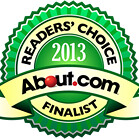
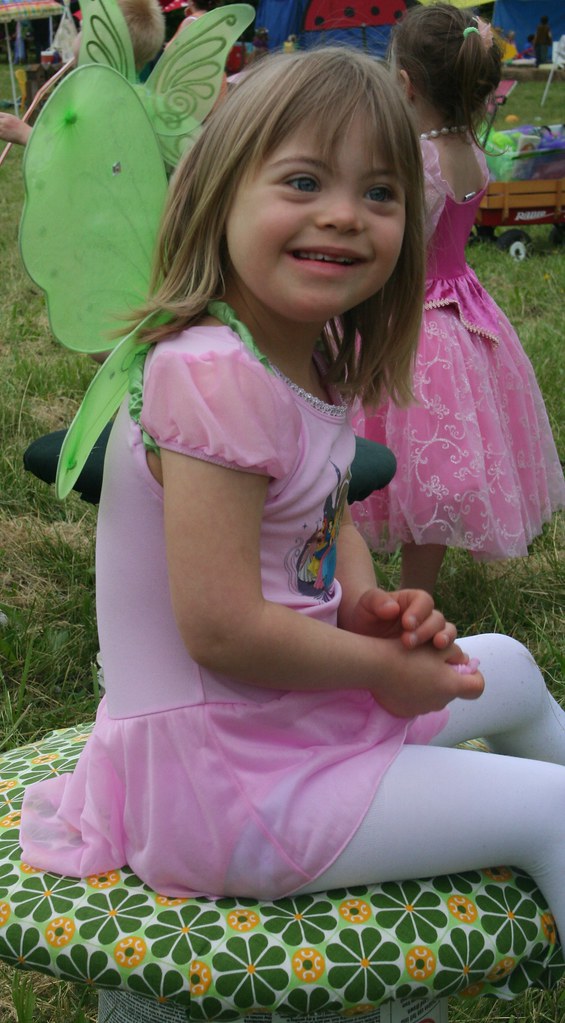

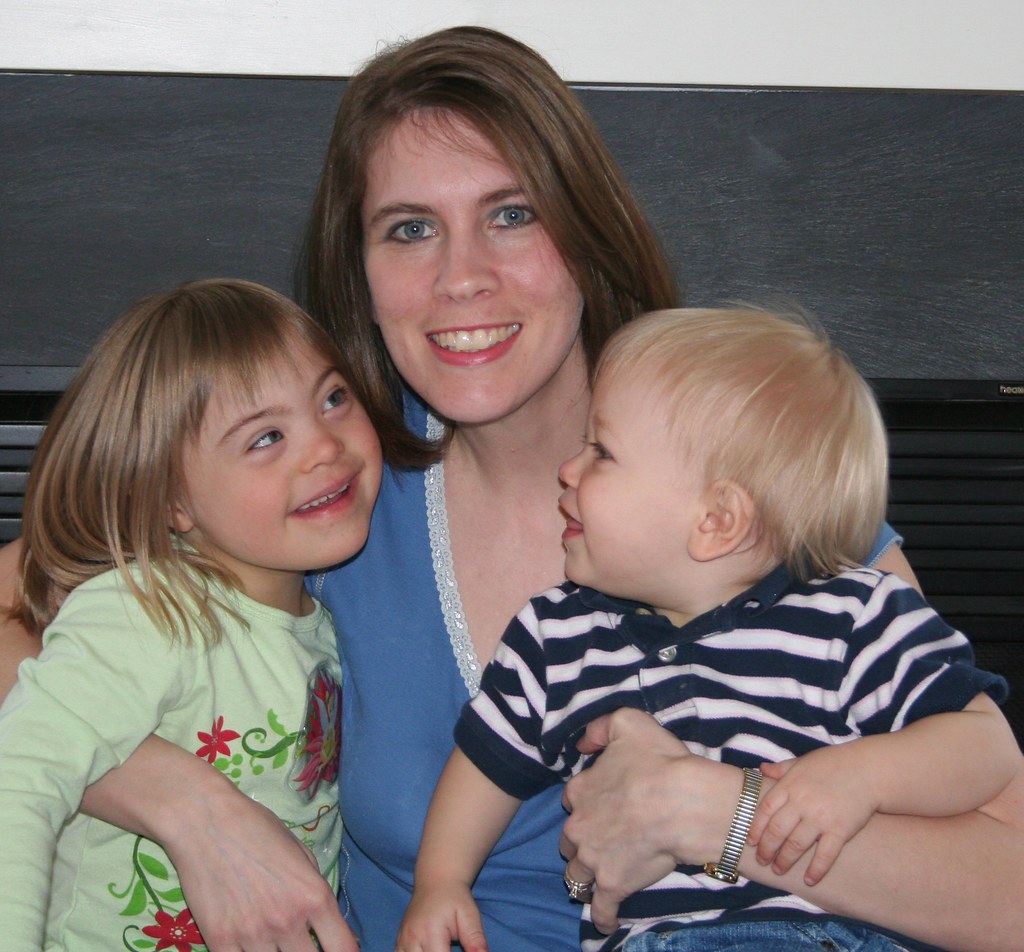
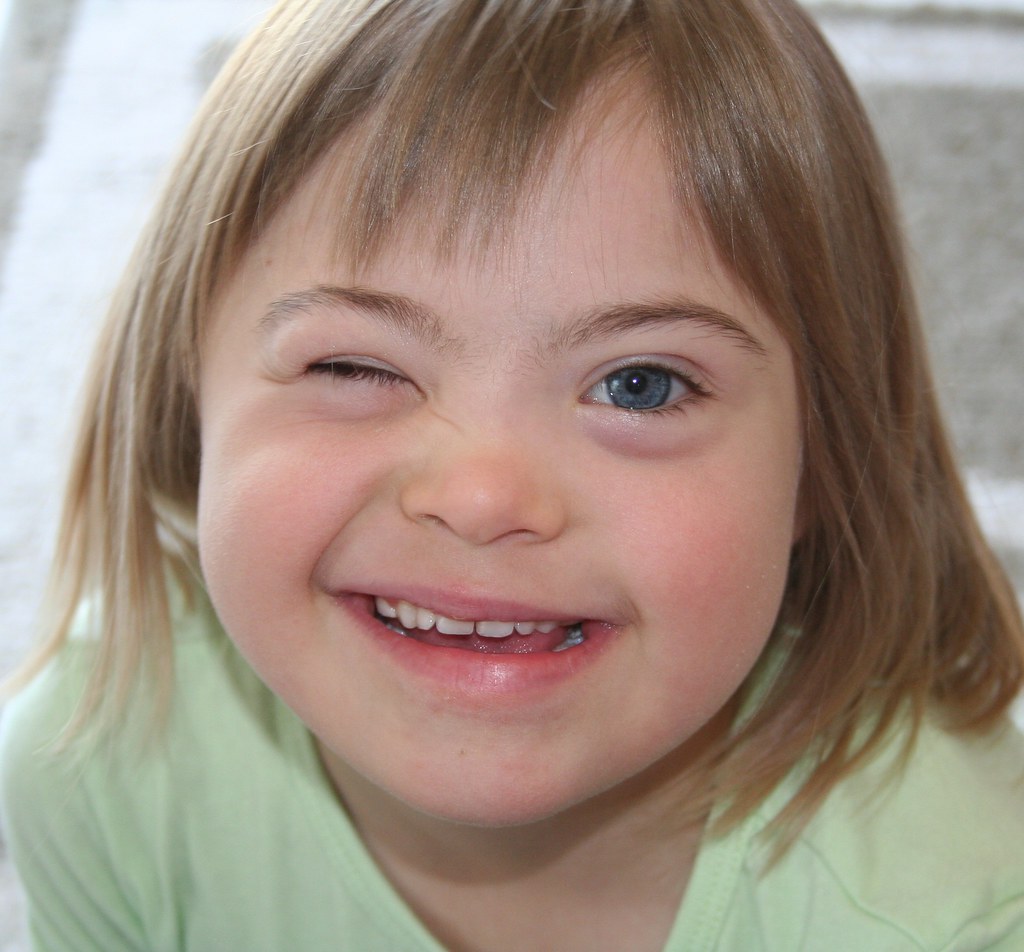
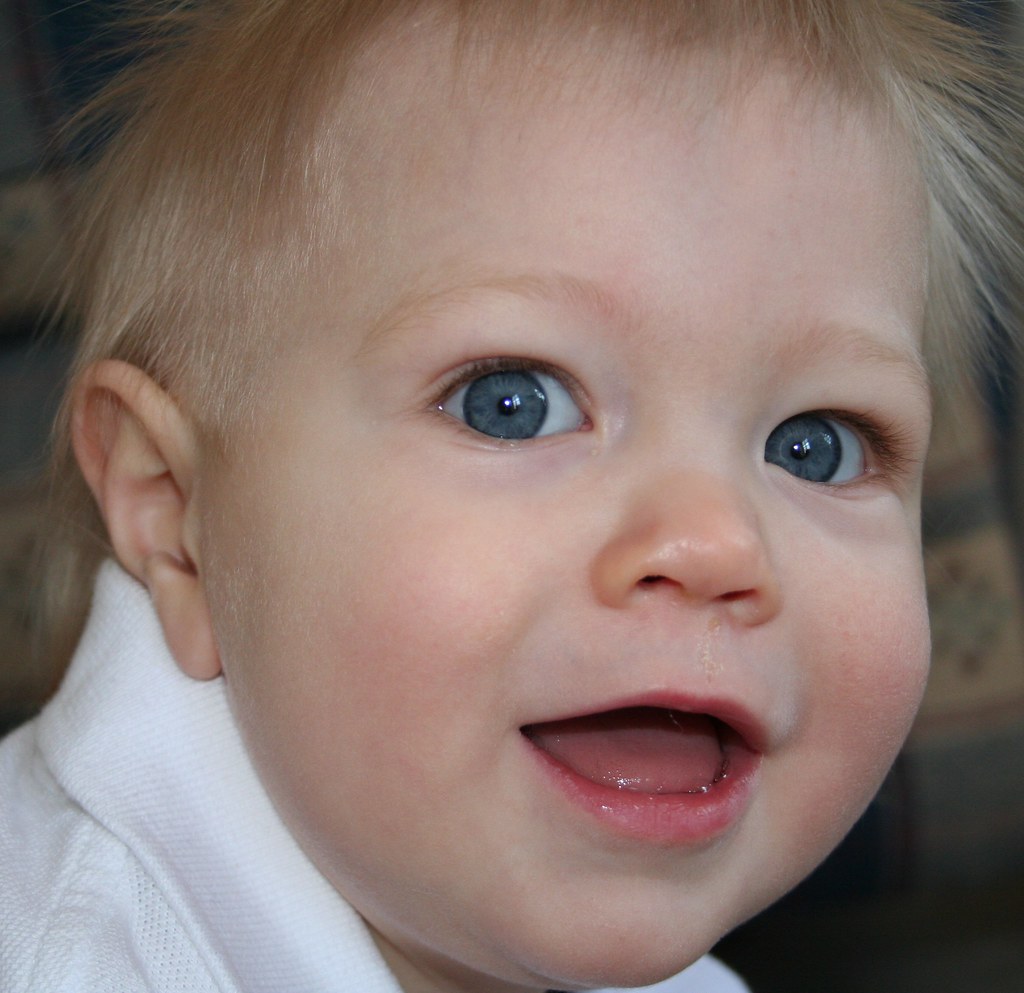
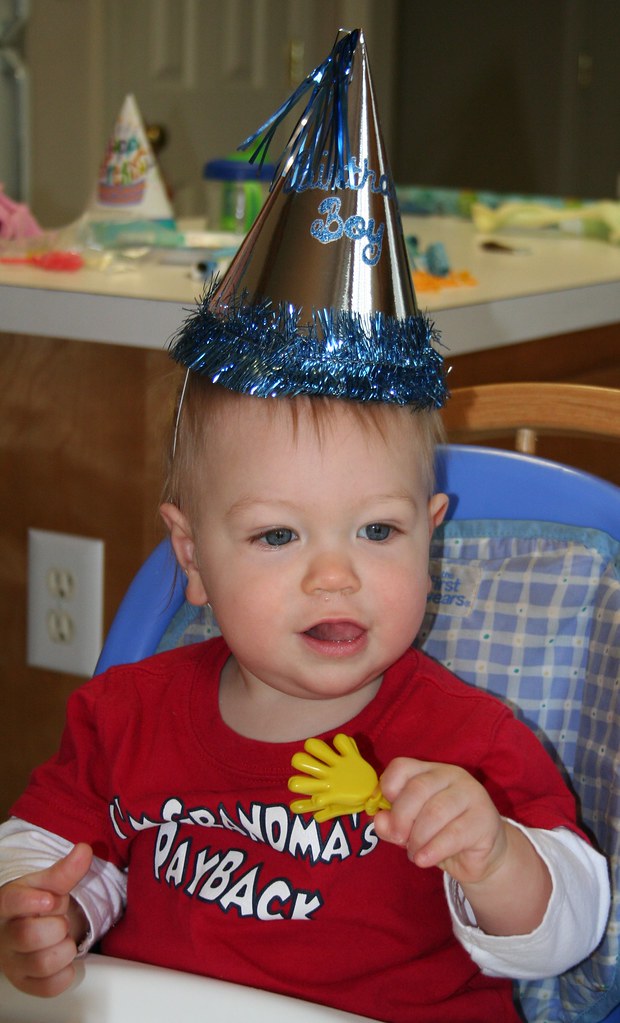
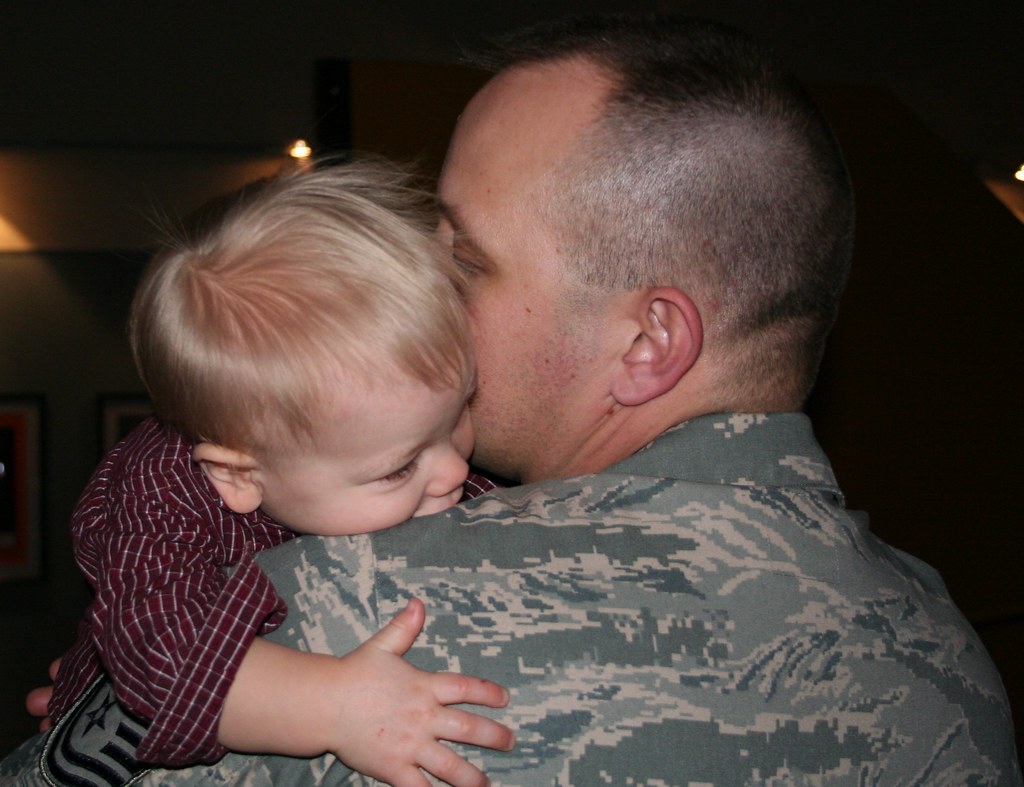
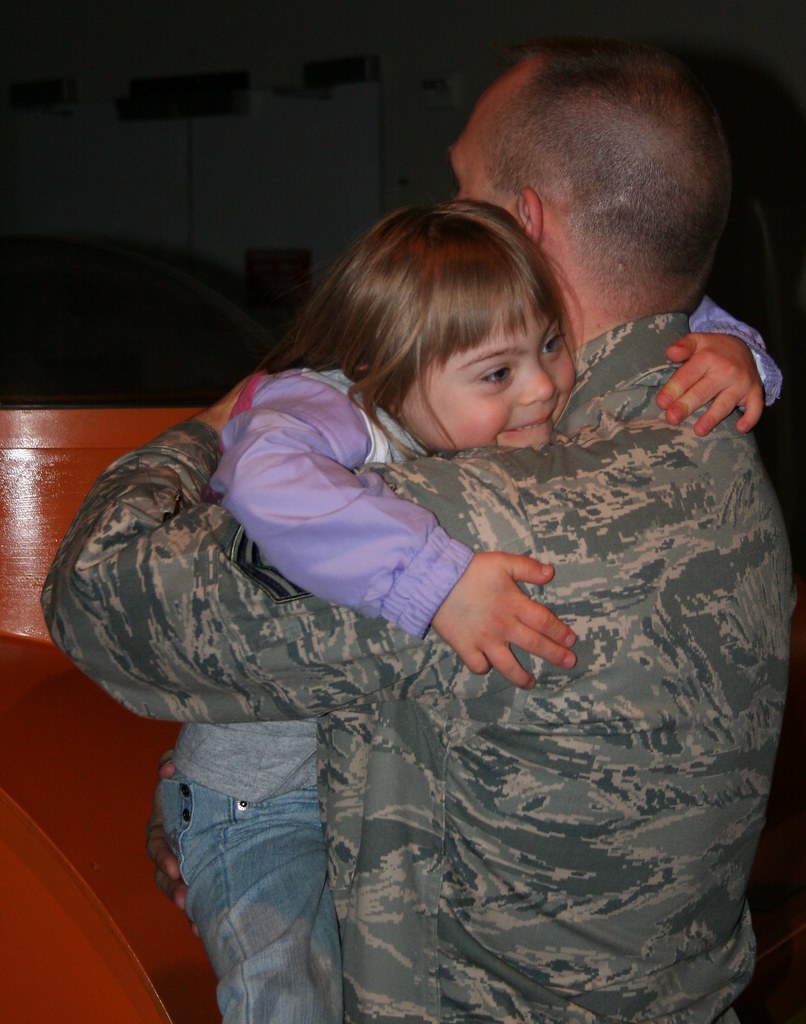
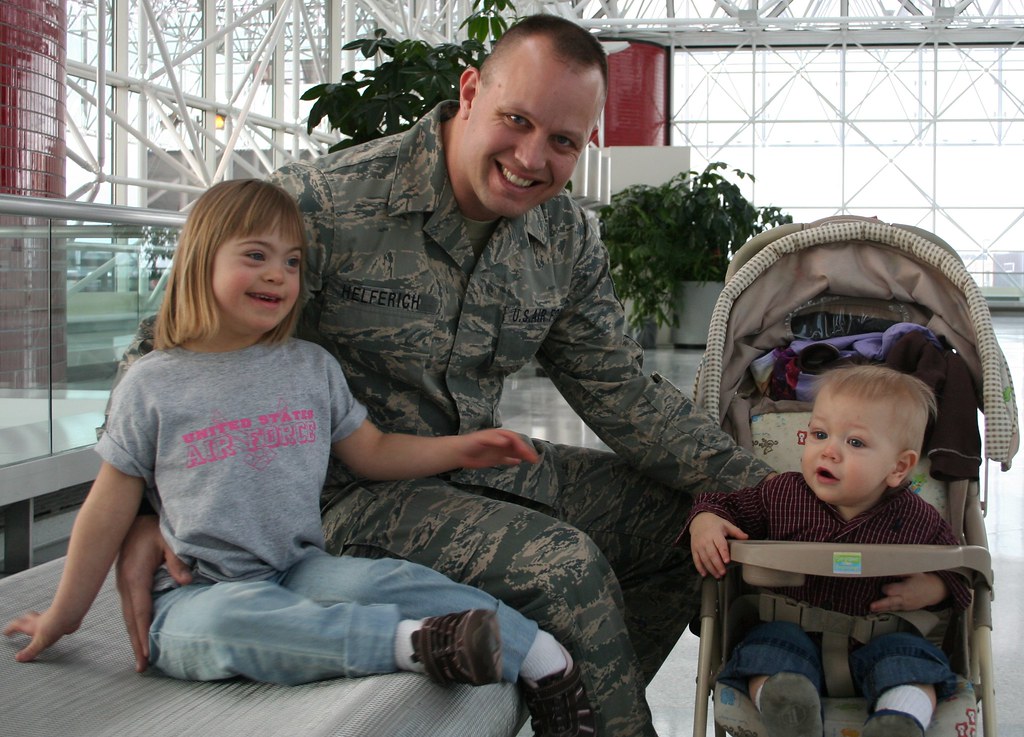
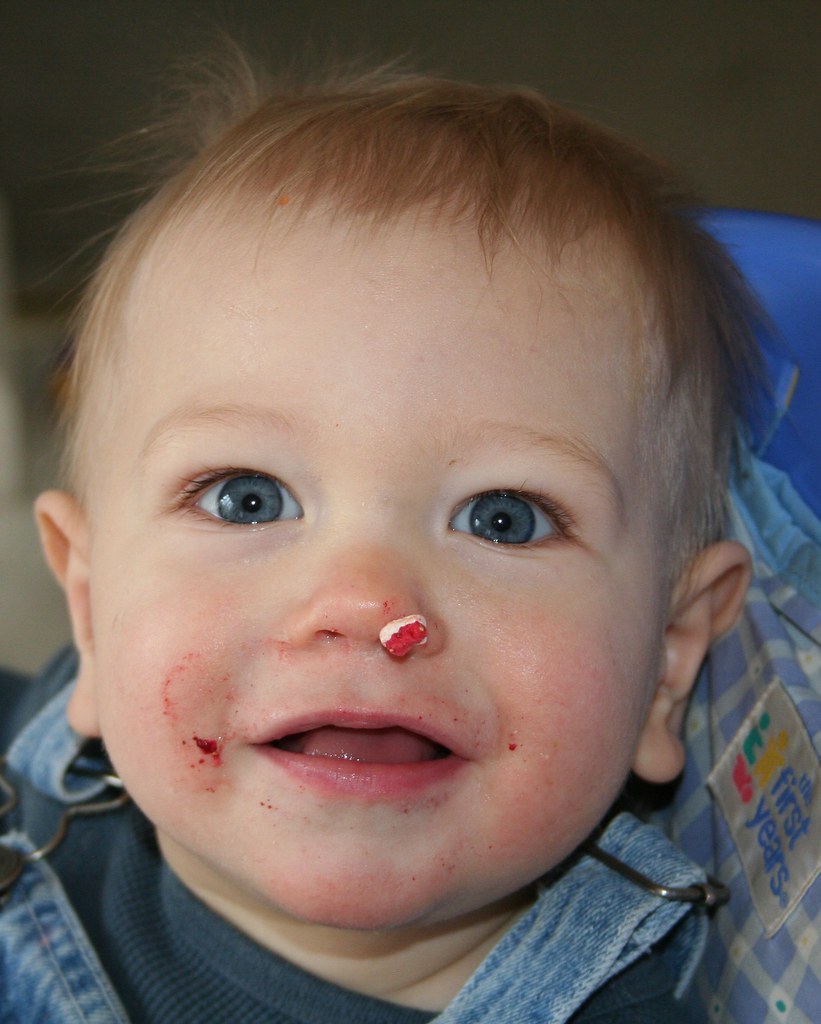
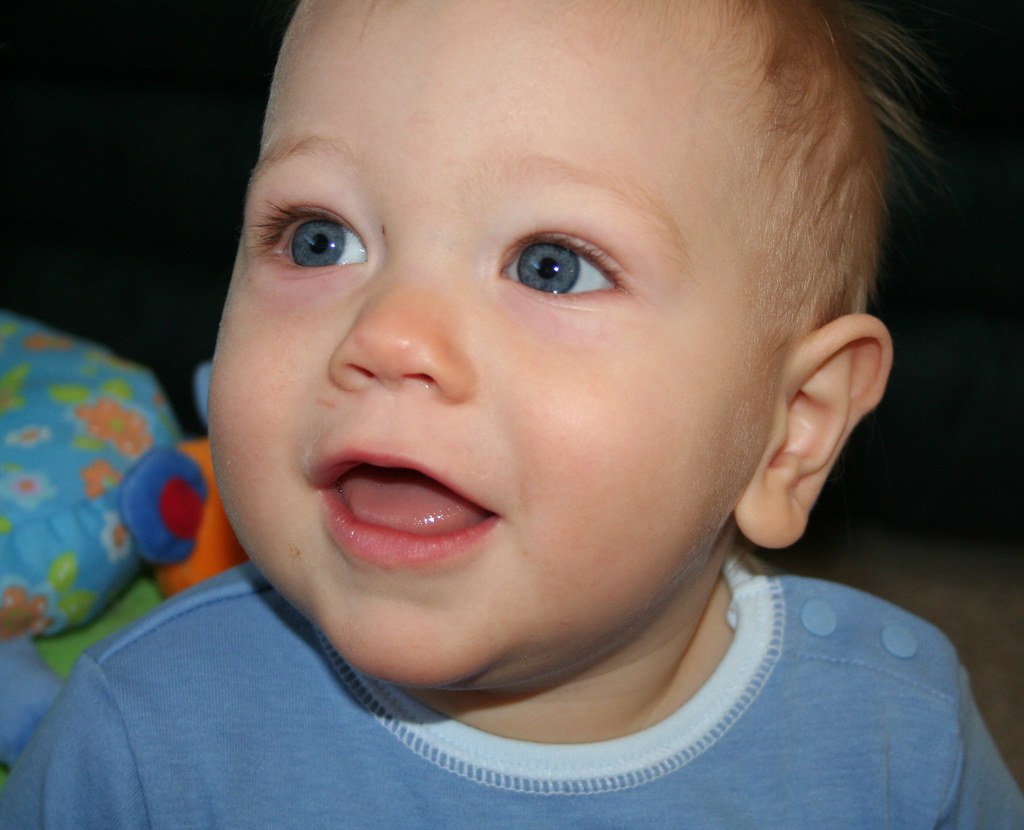
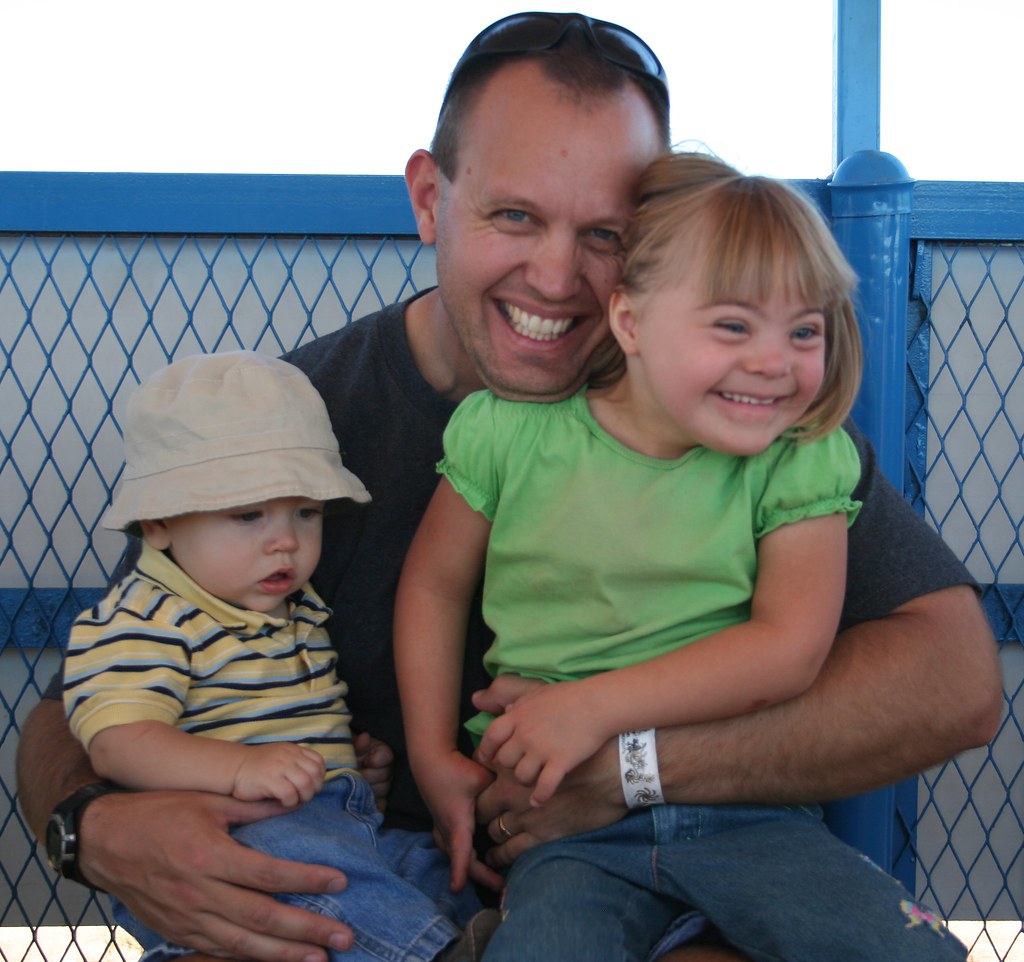
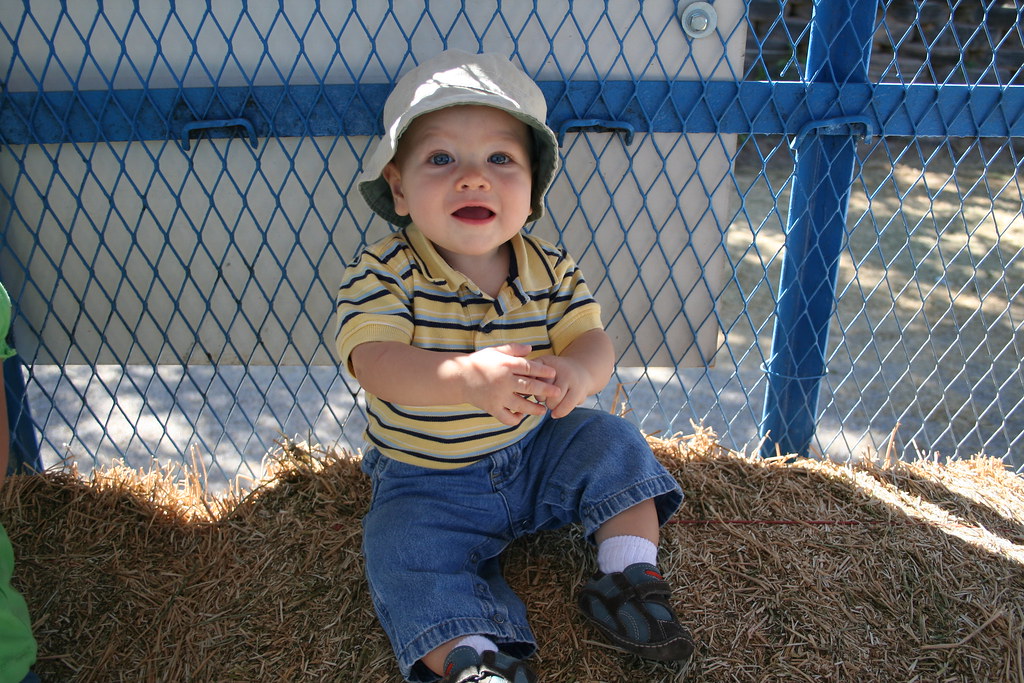

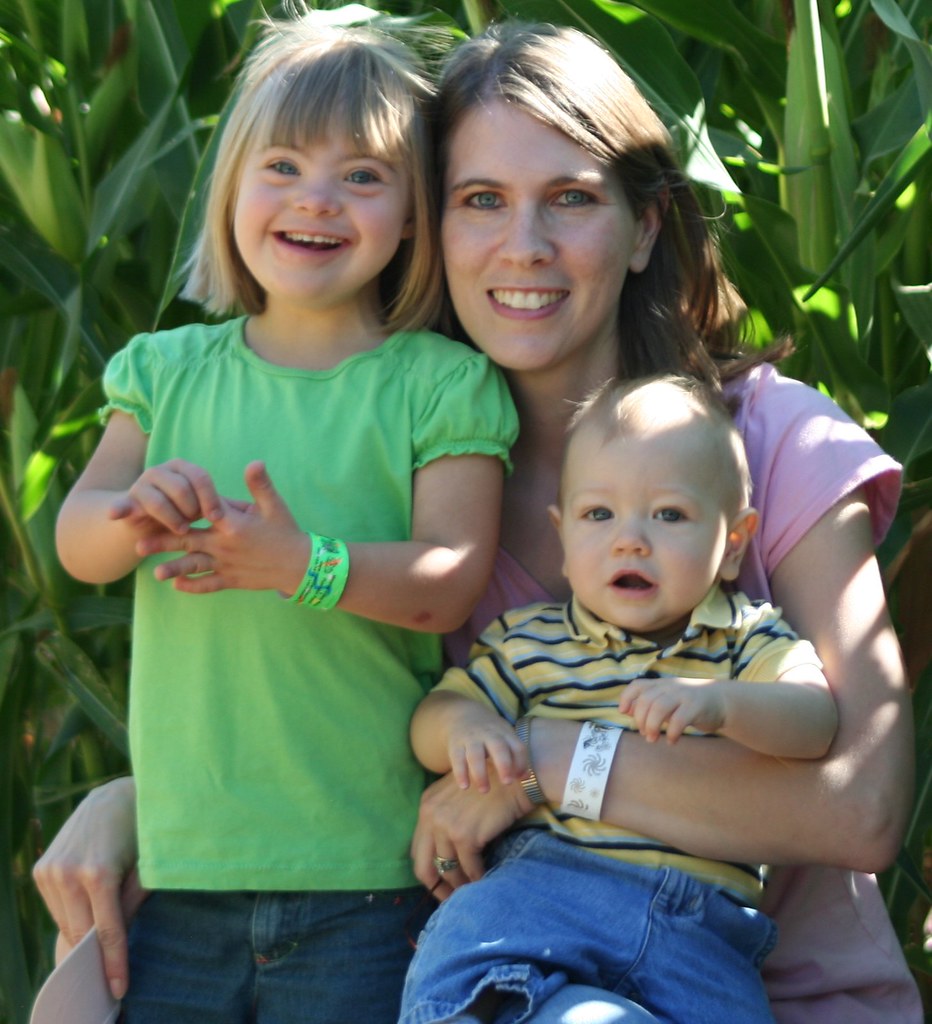
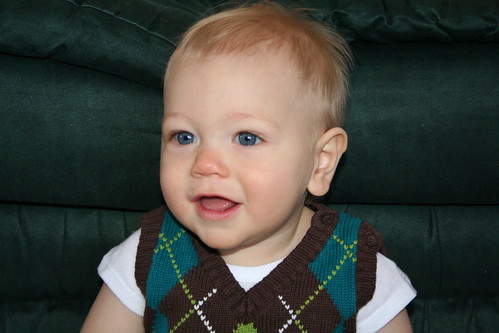

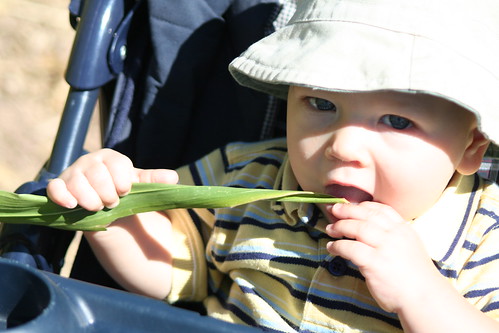
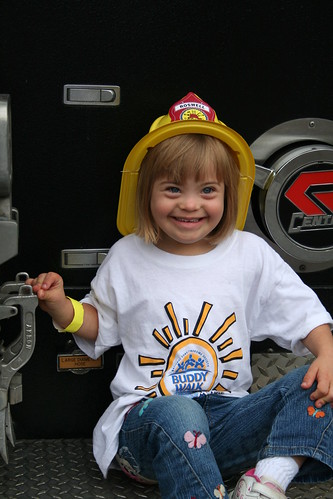
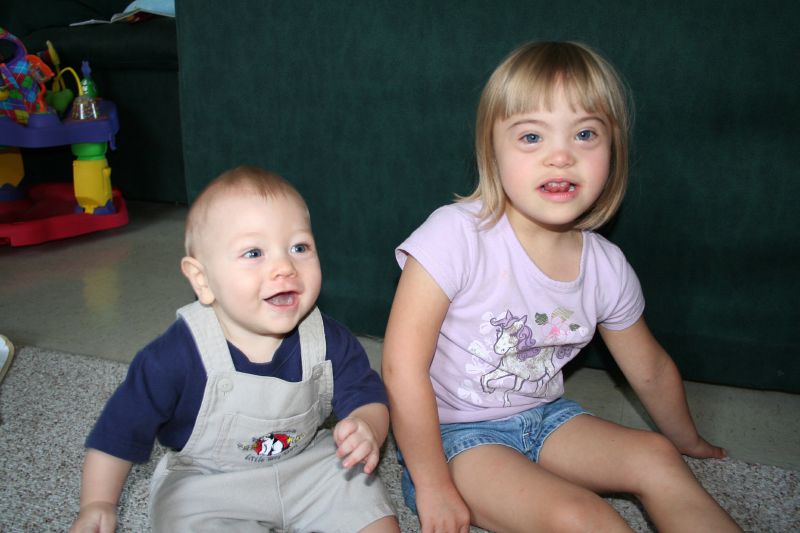
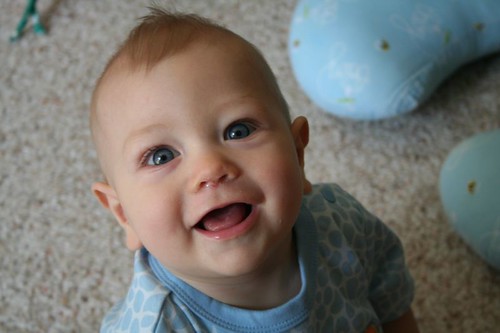
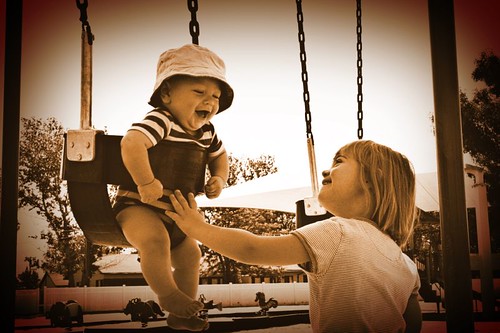
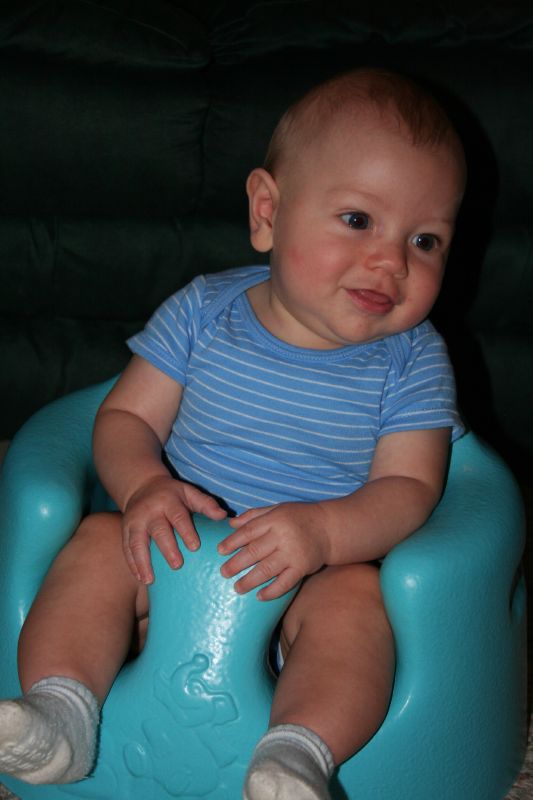
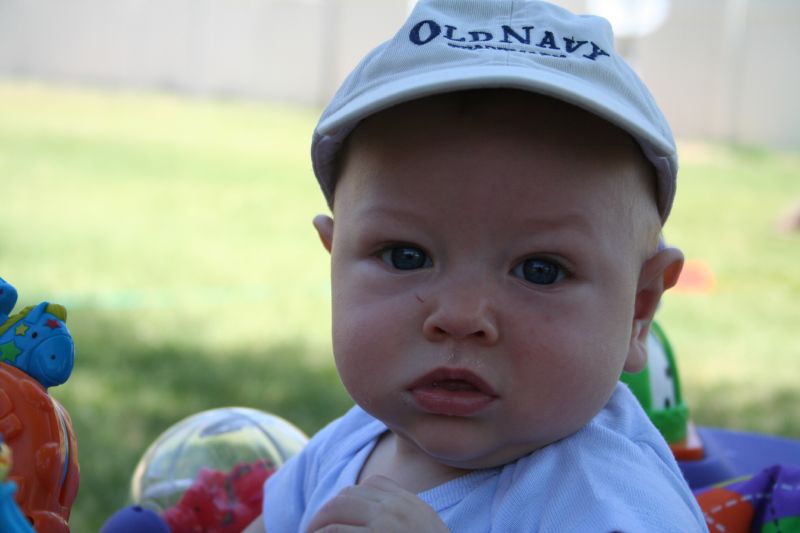
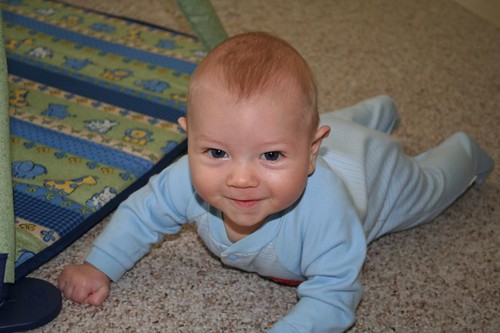
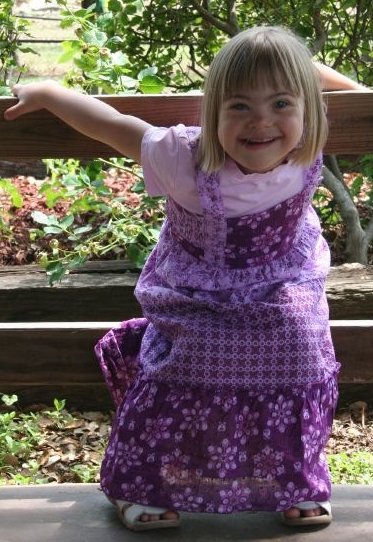
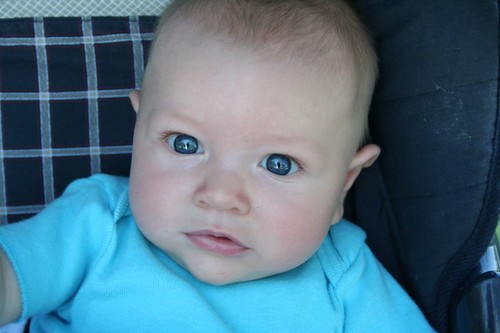
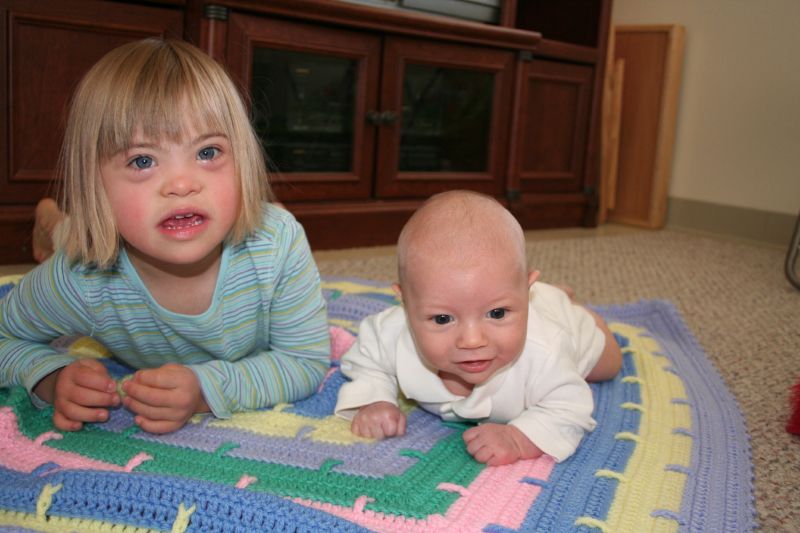
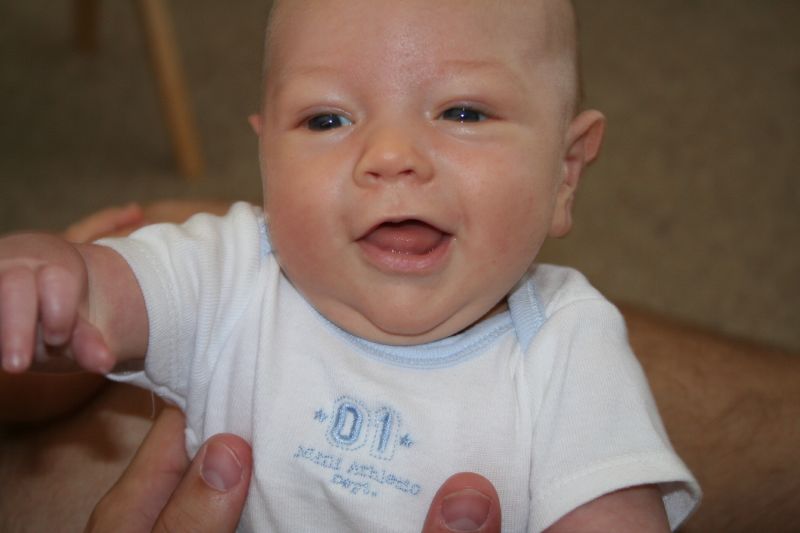
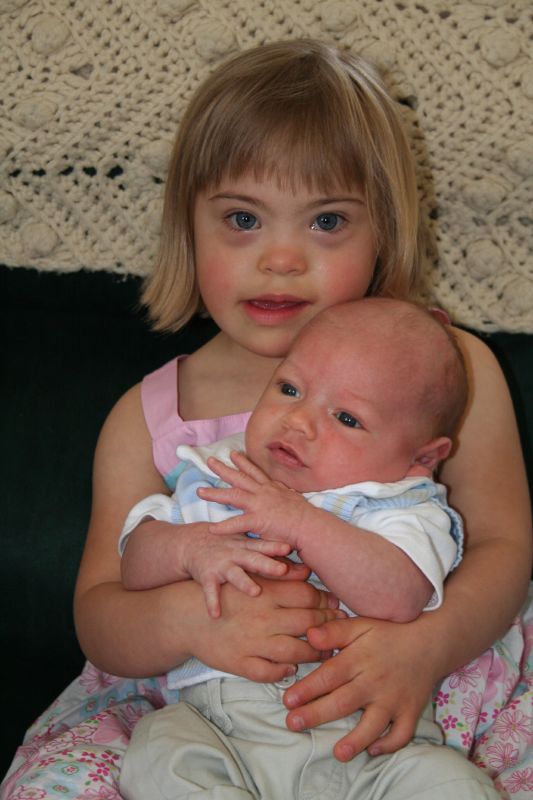
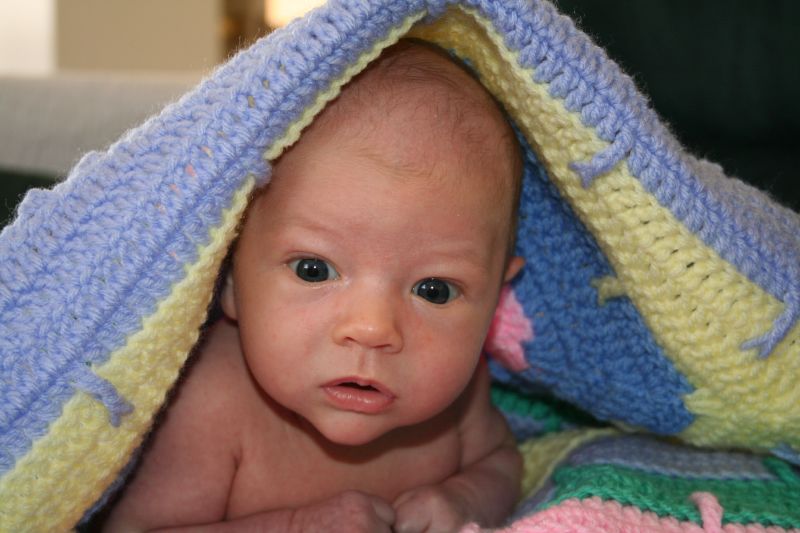
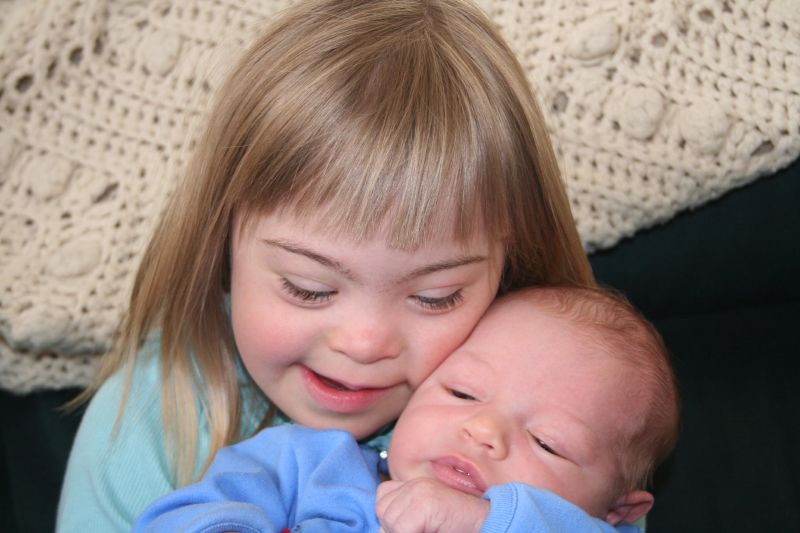
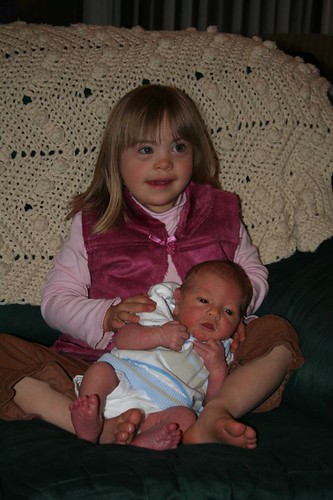
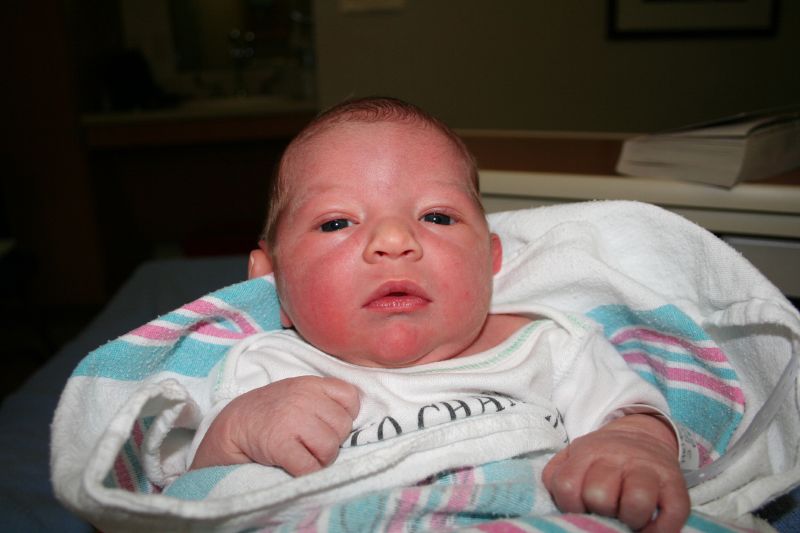
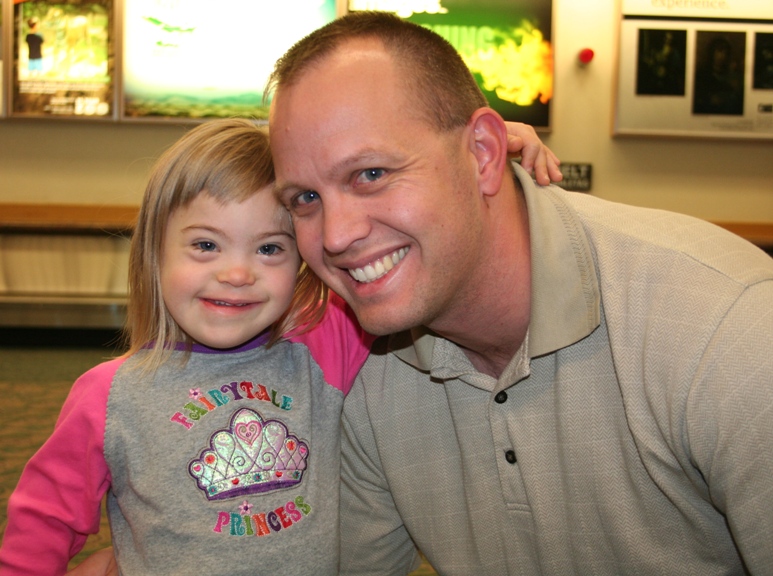
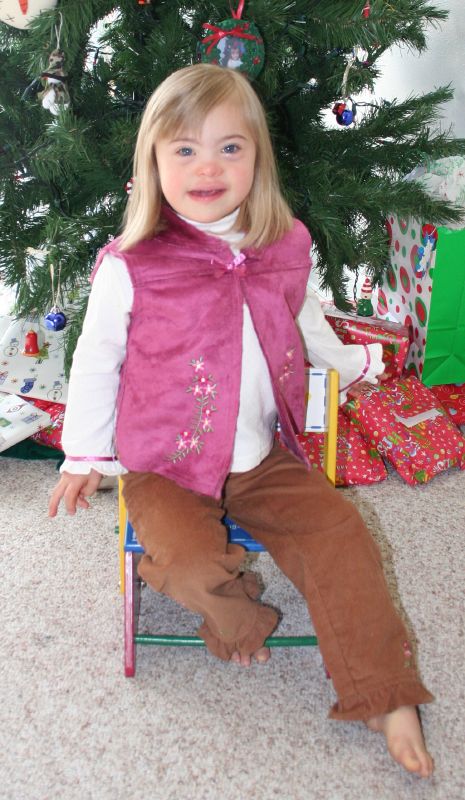
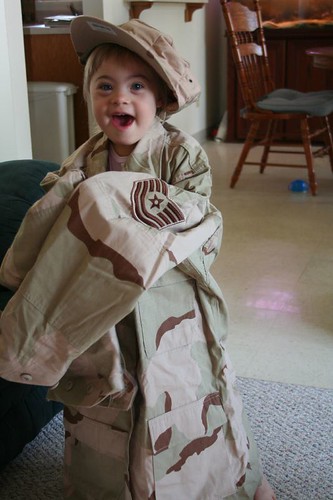
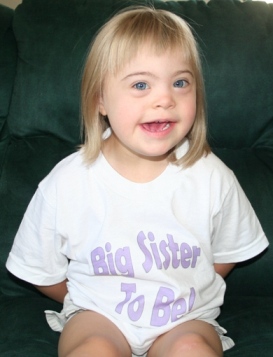
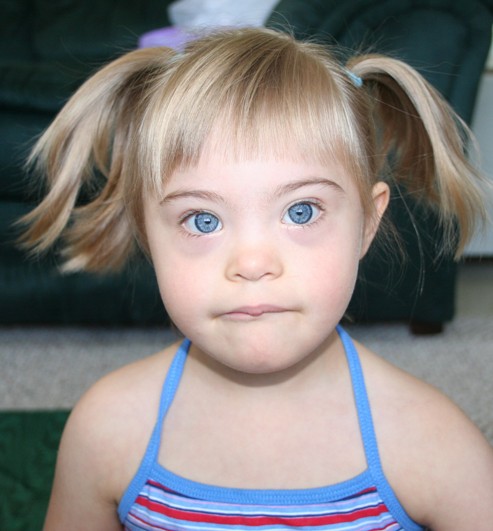
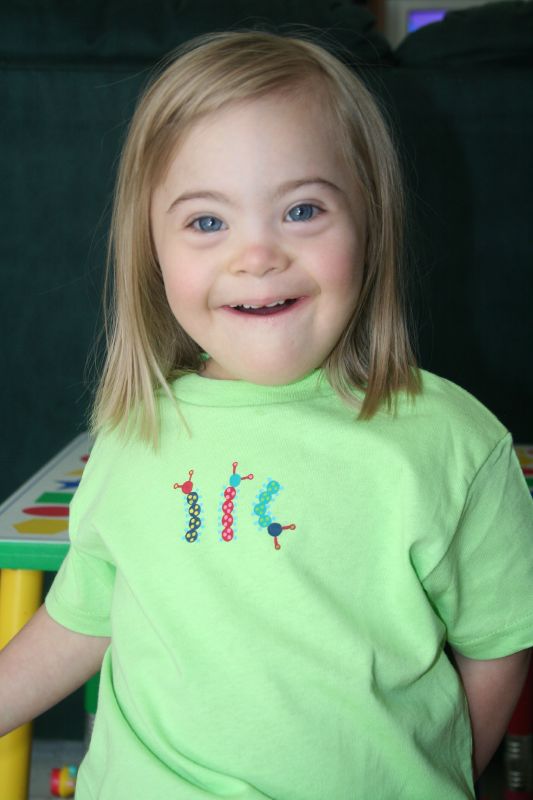
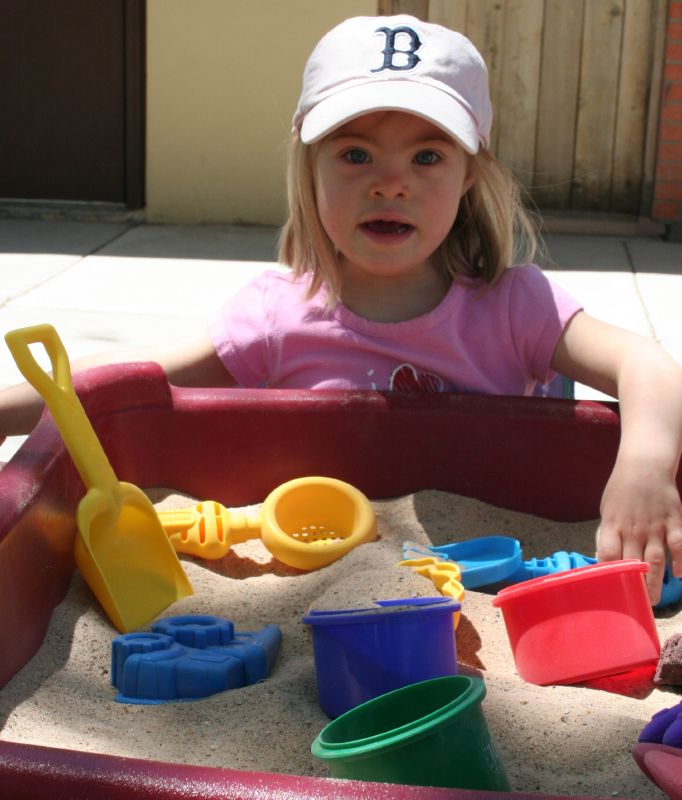


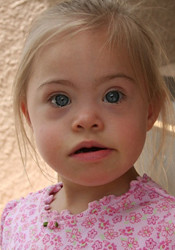
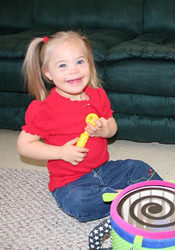



12 comments:
Yes. To me this is really a testament on the importance of language (I especially feel this way in the language that is used in the school system to "categorize" children) and fighting the constant efforts to separate our kids, even when it is supposed to be positive, like being labeled as "high functioning", because in the end, it is all part of a very problematic system.
I agree. Sadly, there are a lot of schools and teachers, who miss the mark with education. They are so stuck on teaching "life skills" that they overlook one of the most important life skills: reading. A mom of an older daughter with DS that we know said it perfect. She said said, She's my child, I'll teach here're skills. You are a school, place of education. You teach her how to read. And I believe this was somewhere around 5th grade.
I frequently wonder the same thing. I often just look at people blankly when they say "well Cate is so high functioning" because I have no idea how to repond. All her friends do or don't the things expected or her age so doesn't that just make her a kid?
I.LOVE.THIS. Adjectives yes, labels NO. As in Kayla with the beautiful blueberry eyes. Not Kayla the high functioning Down syndrome girl who has beautiful blueberry eyes.
We live in a society that labels. Everyone has a box full of labels, but some labels are far more pronounced. So often, schools are more concerned about these "labels" because of funding available to them because of the child in their care. I know that when K qualified for an IEP for speech, the school was accommodated for that in funding and I signed papers as such. Maybe that is the school's reasoning for being so fixated on labels.
BTW, they don't know that K was cocaine positive at birth because she has no outward affects of it and we didn't want her-- dare I say it-- labeled. Let's just say that I figure you understand why!
It is just sad. Truly. Does Kayla have Down Syndrome? Sure. No one is denying that. However, there is a ton more about her than that. Labels such as ranking functionality and so forth make people stop cold in their tracks and assume that just because someone has given something a title or label, that is what it is. They are generally unwilling to see past the label and how often people miss the true person if they just erased the label off the board and sat down to get to know the person themselves.
We'd love labels to leave, but it isn't going to happen. It is at this time that we say that posts like this can bring awareness and maybe make people think a bit more than Sharpie-ing a label on EVERYTHING!
Love this! I am so sick and tired of labels that I can't even look at another report from the school or the doctor or our insurance. My kid is a KID.....he's not a label. And if I have one more person say to me, "Owen seems very high functioning." I'm going to go off the deep end. Or maybe I should reply with what you said: "I'm pretty sure he's just functioning.....thank you."
Right on, michelle!!!!!!! so true.
Love mom
Well my daughter is high functioning in some skills - she is good socially, good muscle tone, quite independent at school, but she is low functioning with her language as she has dysprxia, but then she is moderately functioning with her reading, then again low functioning with knitting, high functioning with brushing her teeth...yeah I'm being silly.....I can't stand this label either. The thing that annoys me the most is that comparisons are always being made.
Let's stir the pot and start making comments to parents of neurotypical kids about whether their kids are high or low functioning LOL
I love the school my daughter attends, she is not labelled at all, in fact the term Down syndrome is barely used, it's wonderful. She is just Matilda.
I love her eyes. I wish mine were like that.
As soon as someone hears that I am autistic, they are like "I thought autism made you less smart, made you talk like You. Me. Play, etc," or "You're so lucky to be so high-functioning, blah blah blah." No. I want to be known as Anna the flutist who auditioned for the LVYO in her first year, Anna the Flutist who loves her flute, or Anna the Flutist whose music teacher is in a professional wind ensemble.
I am terribly behind in my reading & was catching up on a strict 'no comment' policy but THIS is awesome & I love you. That is all.
I couldn't agree more with this post. One of the scariest things to me about a diagnosis for my little one was that once that diagnosis was made,he would be labeled forever. I still have a hard time accepting some of the labels placed on my child.
Post a Comment